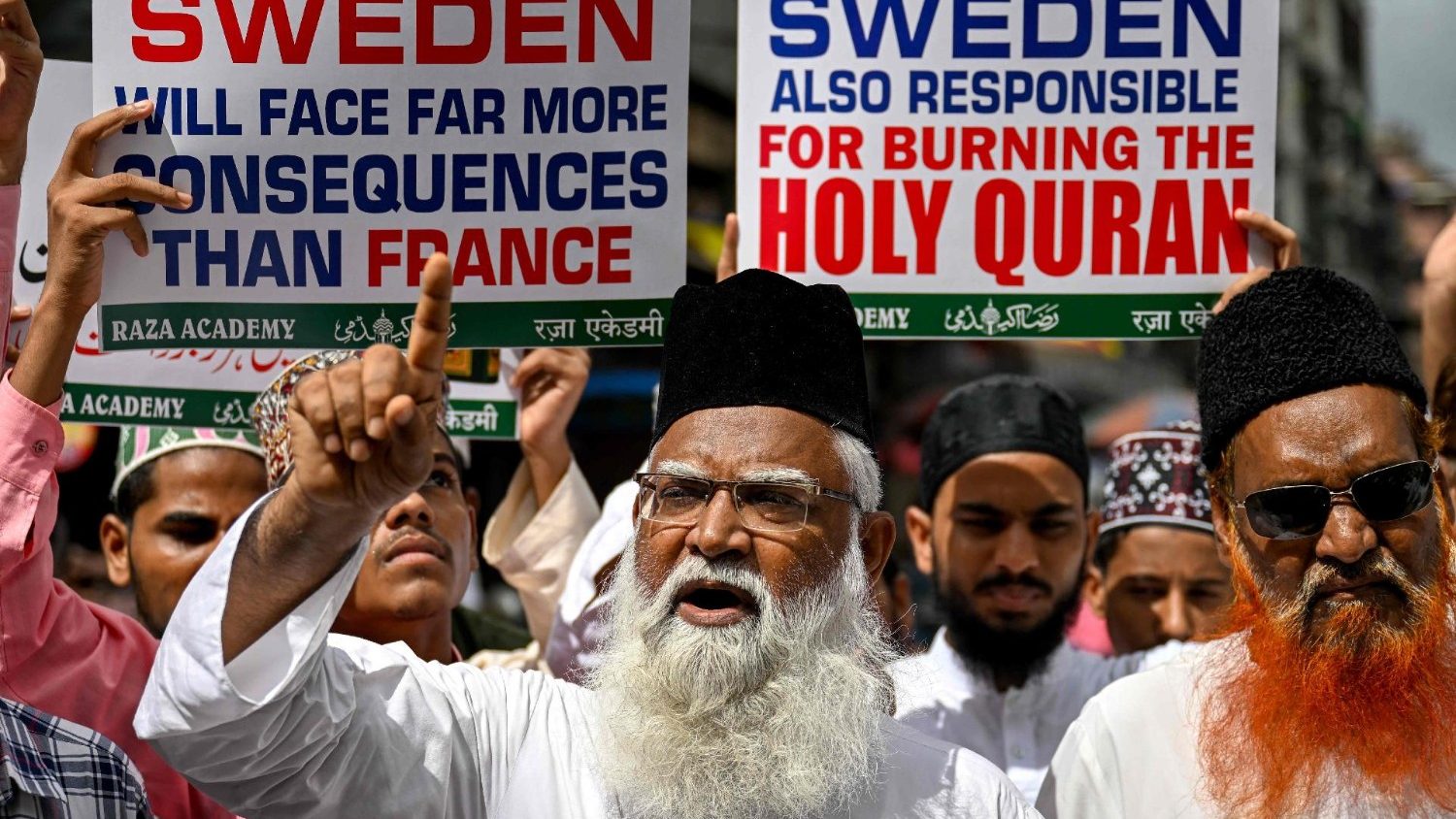Quran burnings in Sweden and Rule of Law This week, yet another Quran was burned in Stockholm, Sweden. As before, the criticism is mostly directly aimed at the Swedish government. What authoritarian regimes seem to fail to understand is that in Sweden, it is the police that makes decisions regarding permits, and Sweden has a constitutionally protected freedom of speech. Quran burnings are both distasteful and contribute to an already significant polarization and mistrust among groups in our society. I have no understanding or respect for individuals who systematically engage in defaming others. But — while there are arguments that burning a book itself is a poor symbol of freedom of speech, in a democracy, there are no good arguments for considering
Topics:
Lars Pålsson Syll considers the following as important: Politics & Society
This could be interesting, too:
Lars Pålsson Syll writes Schuldenbremse bye bye
Lars Pålsson Syll writes Vad historien lär oss
Lars Pålsson Syll writes Krigskeynesianismens återkomst
Lars Pålsson Syll writes From one old guy to another old guy
Quran burnings in Sweden and Rule of Law
This week, yet another Quran was burned in Stockholm, Sweden.
As before, the criticism is mostly directly aimed at the Swedish government. What authoritarian regimes seem to fail to understand is that in Sweden, it is the police that makes decisions regarding permits, and Sweden has a constitutionally protected freedom of speech.
Quran burnings are both distasteful and contribute to an already significant polarization and mistrust among groups in our society. I have no understanding or respect for individuals who systematically engage in defaming others.
But — while there are arguments that burning a book itself is a poor symbol of freedom of speech, in a democracy, there are no good arguments for considering certain ideas or writings so sacred that they should not be covered by freedom of expression.
 Religious representatives should consider that it is the fundamental freedoms that make it possible to worship gods and prophets whose expressions others may find offensive. The secular state and fundamental freedoms are prerequisites for such activities.
Religious representatives should consider that it is the fundamental freedoms that make it possible to worship gods and prophets whose expressions others may find offensive. The secular state and fundamental freedoms are prerequisites for such activities.
In Sweden, it is equally allowed to burn a book as it is to protest against someone doing it.
The Swedish government has now decided to investigate whether the Public Order Act should be amended so that national security interests can also determine whether a permit for a public assembly should be denied.
Restrictions on freedom of speech must always be carefully considered and discussed. In the first step, it is appropriate to wait for what the Supreme Administrative Court says about cases where the police have been overruled in the lower administrative courts for not granting permits for public gatherings where Qurans were intended to be burned. The decision will be crucial for the police’s right to deny permits in similar cases.
But it is also important to remember that the religious representatives who call for much broader limitations on Swedish freedom of speech should be aware that the laws also protect them. The state protects them and their rights to protest against others and their ideas.
In Sweden, all women and men have equal value. And everyone living in Sweden must respect this.
Sweden is an open country, part of the global community. But it is also a country that firmly asserts that the gains we have achieved in terms of equality, openness, and tolerance over centuries are non-negotiable.
People who come to our country enjoy these rights and freedoms. But with these rights and freedoms also comes an obligation. Everyone — without exception — must also accept that in our country, there is one law — the same for everyone.
Rule of law.
If we are to safeguard the achievements of modern democratic society, society must be intolerant towards people and organizations that promote intolerance. In a modern democratic society, the rule of law must prevail — and apply to everyone!
Against those in our society who seek to force others to live according to their own religious, cultural, or ideological beliefs and taboos, society must be intolerant. Against those who want to compel society to adapt laws and regulations to the interpretations of their own religion, culture, or group, society must be intolerant.
In almost no other country in the world is the protection for people with different religious affiliations as strong as in Sweden. It is a crucial part of our modern secular democracy.
The 57 Muslim and Islamist countries in the Organization of Islamic Cooperation (OIC), which are now campaigning against Sweden, all have a long way to go before establishing such human rights.
